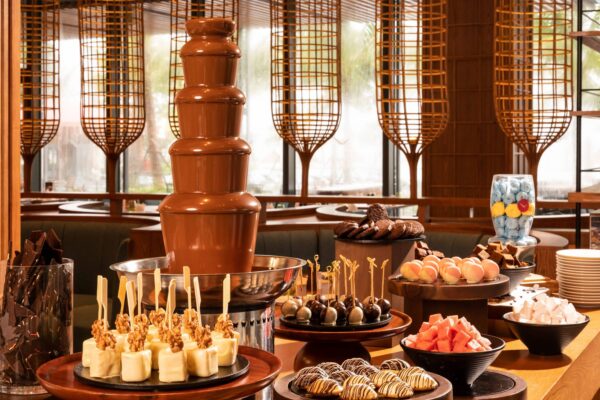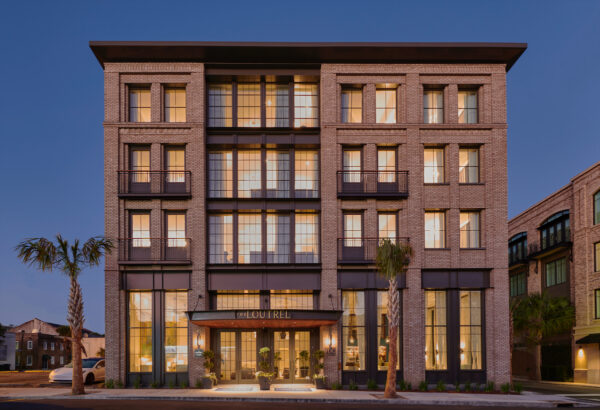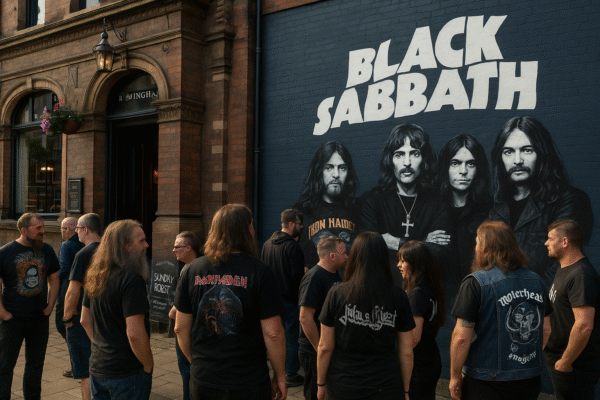A city forged in steel and sound, Birmingham is ready to crank up the volume on its legendary music heritage. Known globally as the birthplace of heavy metal—thanks to genre pioneers like Black Sabbath, Judas Priest, and Electric Light Orchestra—the UK’s second-largest city is now being called to embrace its musical roots as a cultural and economic driver.
With iconic venues like The Crown pub and Henry’s Blueshouse standing as testaments to rock history, Birmingham is on the brink of turning its rebellious soundscape into a major international tourism magnet.
From Industrial Might to Global Music Stage
Birmingham’s transition from industrial powerhouse to musical innovator began in the 20th century. The city’s gritty, working-class environment bred a sound that was raw, authentic, and loud—giving birth to heavy metal. It was here, at The Crown on Station Street, that Black Sabbath played their first gig, unknowingly igniting a global music movement.
This very pub, now shuttered since 2014, has become a pilgrimage site for fans. Heritage groups like Save Station Street have pushed for its designation as a protected music heritage site, calling on Birmingham City Council to preserve the location and develop the area into a cultural corridor.
According to the Council, “We are committed to working with stakeholders to balance responsible development with heritage preservation.” Although a previous restoration loan was withdrawn, renewed attention following Black Sabbath’s July 5 reunion show at Villa Park, which drew over 40,000 fans, has reignited calls to save the venue.
Music Tourism: Economic Engine and Cultural Revival
The UK’s music tourism economy has already proven itself in cities like Liverpool, where The Beatles’ legacy contributes over £100 million annually. Advocates believe Birmingham could easily surpass that, given its contributions across genres—reggae (UB40), ska (The Beat), bhangra, and synth-pop—on top of its heavy metal credentials.
Cultural journalist Kirsty Bosley and music promoter Jim Simpson (who managed Black Sabbath in their early days) have both been vocal in urging authorities to capitalise on this musical heritage. Simpson, still active at Henry’s Blueshouse, holds an archive of memorabilia that could form the foundation of a permanent exhibition.
A Vision for Music Tourism in Birmingham
To harness the full tourism potential of its musical legacy, Birmingham stakeholders are proposing a multifaceted strategy:
- Music Heritage Trail:
A curated trail featuring The Crown, Henry’s Blueshouse, Digbeth, and Symphony Hall, complete with digital storytelling and public art installations. - Permanent Music Museum:
A dedicated space to exhibit artifacts such as Ozzy Osbourne’s infamous black throne, rare concert footage, and rotating tributes to other Birmingham-born genres. - Venue Protection & Restoration:
Legally protect sites like The Crown from redevelopment. Once restored, these could serve as live venues and community arts hubs. - Annual Heavy Metal Festival:
Expand existing events and introduce a major festival spotlighting Birmingham’s musical diversity—from metal to ska and bhangra. - Education & Youth Engagement:
Collaborations with local schools and colleges to incorporate Birmingham’s music history into curriculums and showcase young, local talent.
This kind of immersive cultural tourism fosters both economic regeneration and community pride, while positioning Birmingham as a global music destination.
Global Resonance and Local Pride
International support for Birmingham’s legacy has been notable. Tom Morello of Rage Against the Machine, musical director for the Black Sabbath reunion, called the band’s legacy “a global phenomenon that transcends genre.” UB40’s Robin Campbell echoed the sentiment, arguing that Birmingham’s genre-spanning contributions to music remain vastly under-recognised.
With interest from international fans, including growing numbers from the U.S., Japan, and Germany, Birmingham stands poised to become a must-visit city for music lovers around the world.
Preserving More Than Just Bricks
The fight to save The Crown pub is symbolic. It’s not just about a building—it’s about preserving a chapter of global music history. Transforming Station Street into a “rock walk” lined with murals, plaques, and performance spaces would not only pay homage to the past but inject life into Birmingham’s cultural economy.
Heritage-led regeneration is not new to the UK. But Birmingham’s case is unique: this is a living, breathing music city with active venues, loyal fanbases, and an untold story waiting to be amplified.
Birmingham’s Soundtrack Deserves Global Stage Time
With the right strategy, Birmingham’s soundtrack—from Sabbath’s first riff to UB40’s reggae beats—can echo across the world once more. As tourism boards and city planners push forward, Birmingham has a rare opportunity: not just to preserve the past, but to inspire future generations.
This isn’t just about nostalgia. It’s about building a music tourism economy that rocks—for fans, for locals, and for Birmingham’s global cultural status.
For more travel news like this, keep reading Global Travel Wire















